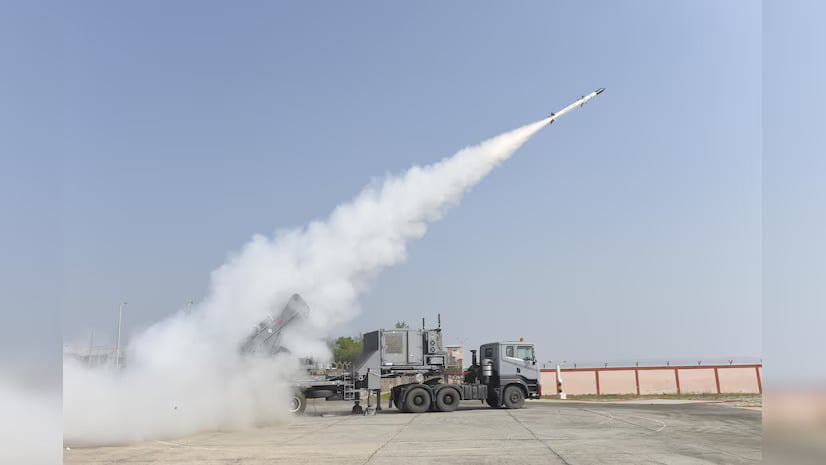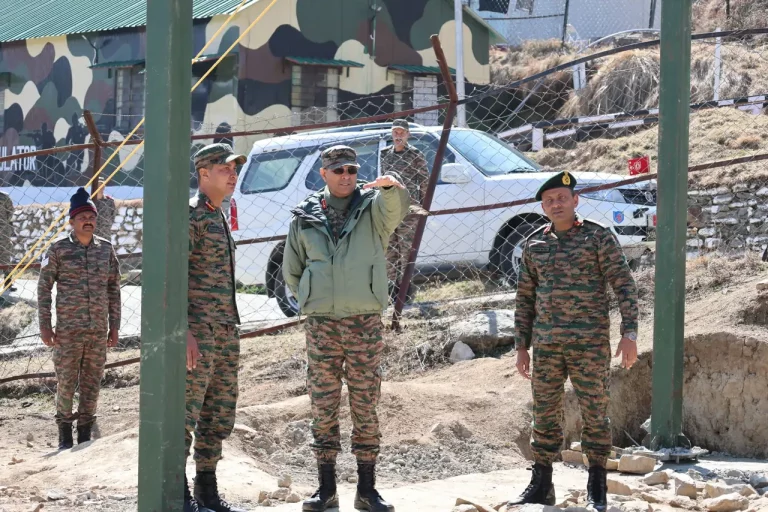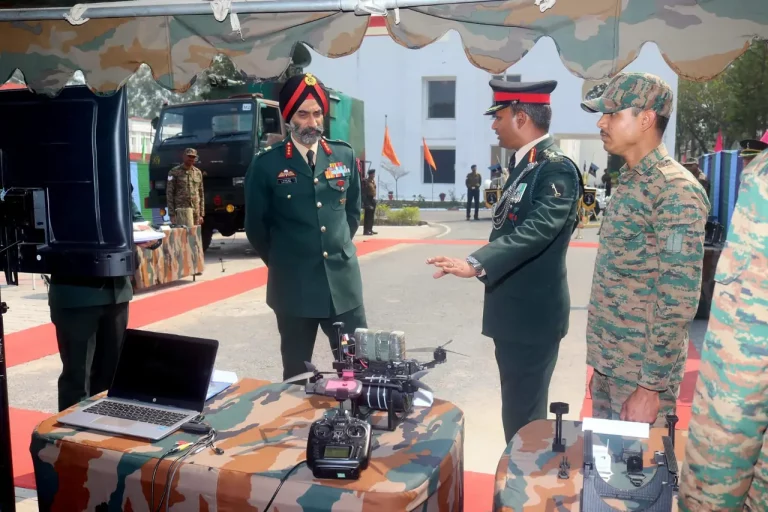In a landmark development for India’s defense manufacturing sector, Reliance Defence has entered into a strategic cooperation agreement valued at ₹10,000 crore with Germany’s Diehl Defence. This partnership aims to establish local production of the Vulcano 155mm precision-guided ammunition system, with operations set to commence at a new facility in Ratnagiri, Maharashtra. The initiative aligns with India’s government-led objectives, such as the Make in India and Atmanirbhar Bharat programs, which seek to boost domestic manufacturing and self-reliance in defense.
The Vulcano system is recognized as a sophisticated long-range ammunition technology, utilizing both GPS and laser-guided targeting methods to enhance strike accuracy. Such precision is increasingly vital on contemporary battlefields, where minimizing collateral damage and elevating mission efficacy are paramount. The new manufacturing unit, part of the Dhirubhai Ambani Defence City, is projected to achieve over 50% indigenous value addition, reflecting India’s commitment to local production.
Reliance Defence is designated as the prime integrator for this program, while Diehl Defence will facilitate the transfer of key technologies and render technical expertise necessary for manufacturing. With anticipated revenues reaching ₹10,000 crore, this strategic collaboration is expected to not only elevate India’s defense export potential but also decrease reliance on foreign ammunition systems.
This marks the fourth significant defense partnership for Reliance Group, following collaborations with prominent international entities such as Dassault Aviation, Thales Group, and Rheinmetall. Diehl Defence, recognized worldwide for its advanced missile systems and ammunition solutions, boasts annual sales exceeding €2 billion, further amplifying the importance of this collaboration.
However, the agreement appears to unfold amid concerns surrounding Diehl Defence’s parallel marketing of its IRIS-T air defense system to Pakistan. The IRIS-T, currently operational in Ukraine, is capable of intercepting advanced threats, including supersonic missiles like Russia’s Oniks. Analysts in India have raised alarms regarding Germany’s dual-track defense diplomacy within South Asia, questioning the implications such engagement can have on regional stability and security dynamics.
Despite these concerns, the stock market responded positively to the news, with shares of Reliance Infrastructure increasing by 3.5%, closing at ₹404.40 on the Bombay Stock Exchange.
Overall, this agreement marks a significant stride toward India’s goal of achieving defense self-sufficiency, while also reigniting discussions about the ethics of global arms trade and the balance of power in the regional security landscape.







